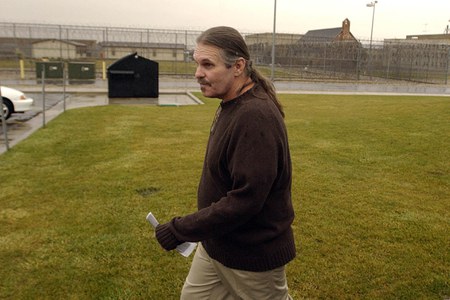Support Preserving Biological Evidence That Could Prove Innocence in Utah

Bruce Dallas Goodman
Biological evidence from a crime scene is crucial to proving someone’s innocence. None of the nation’s 375 exonerations based on DNA evidence would have been possible if biological evidence was not available to test. Had it been destroyed, tainted, contaminated, mislabeled, or otherwise corrupted, the innocence of these individuals would never have come to light.
Bruce Dallas Goodman was exonerated in Utah with the help of the Rocky Mountain Innocence Center which successfully asked the court for permission to test evidence from the crime that occurred nearly 20 years before. Mr. Goodman was fortunate that the evidence was preserved in his case, but what about others in the state? Utah is falling short by not requiring the preservation of biological evidence. New technologies and methods allow scientists to test biological evidence taken decades ago to exonerate the innocent. But this cannot be done if crime scene evidence is not properly collected, stored, and preserved.
This year, Utah lawmakers are considering legislation that would require the preservation of evidence that can be key to exonerating and freeing incarcerated innocent people.
You can help — Use the form above to urge your state senators to vote yes on House Bill 65, to give wrongfully convicted Utahns a chance to prove their innocence.
This campaign is in partnership with the Rocky Mountain Innocence Center.